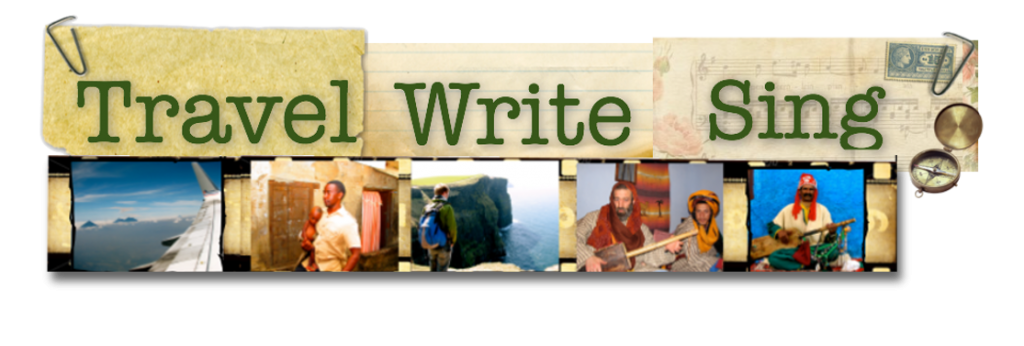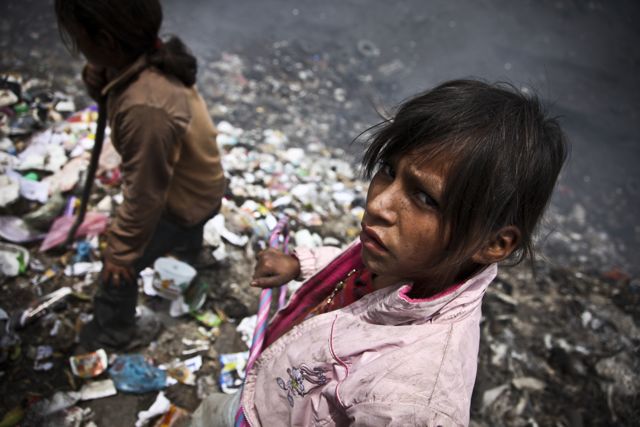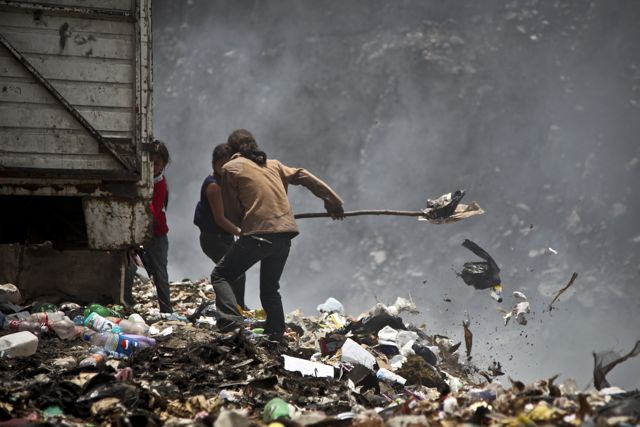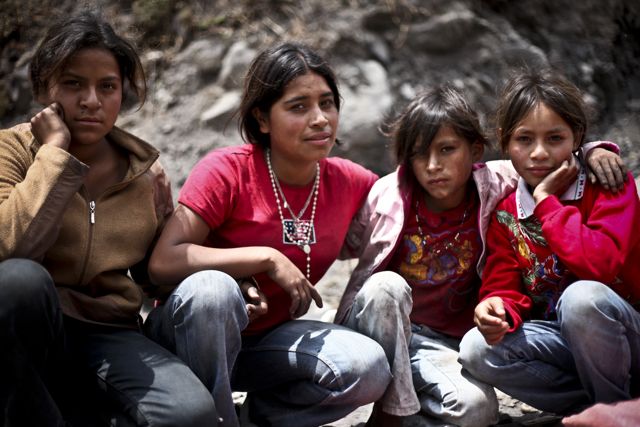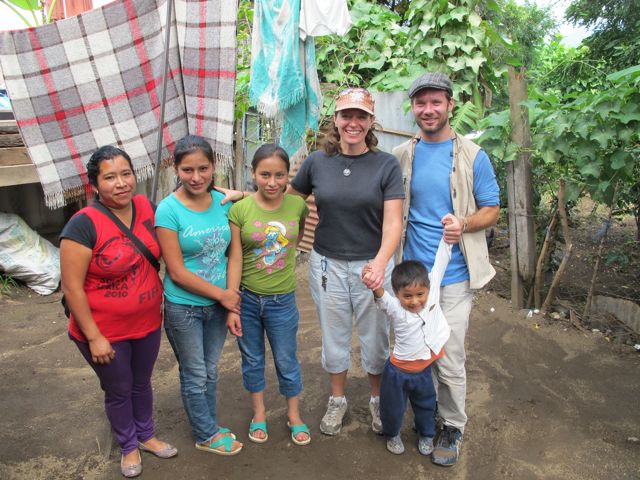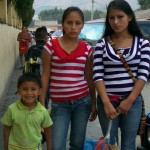It is difficult to believe that I first met Maria and Carmen four years ago. It was my second year as director of a development project in Guatemala and though I had seen a lot, I had not been prepared for the realities a visit to a garbage dump near the foot of the volcano Acatenango. A friend in colleague who ran the projects anti-human trafficking program first brought me there in his effort to help break out two families from their forced labor situation.
The garbage dump was perpetually on fire due to spontaneous combustion of chemicals trapped deep below. Above the roaring volcano let out occasional rumbles followed by a dusting of ash. “Hell,” my colleague called the place. But if this was hell, what had these children before me done to get here?
Amid the noxious chemicals, a half dozen children, shoeless and clad in rags, were collecting garbage. Every day during daylight hours they were sent into the refuse to salvage plastic bottles and aluminum cans, earning on a good day around forty cents.
Over weeks, months, and then years, the program I represented was able to take some of these children in and put them in school. Without that intervention the children likely would not be with us today, would still be in the garbage dump, or would have grown older and been put into the even more vicious sex trade.
The years they spent in the project were at times a trying change for them to adjust to, but it was ultimately successful. Maria who attended school on the same grounds where my office was often appeared timidly at my door. I was perpetually busy, but always stepped away from my work when she came. We would color with crayons and talk. I remember in particular when my parents came to visit the warm embrace she gave my mom, overcoming her shyness for an instant. We promised these girls one thing, that if they continued to study, we would continue to support them.
After four years in the field, I returned to the United States to put writing on the front burner, while continuing to support development efforts when and where possible. I am not privy to the details of what led to them leaving the project. I do know that the anti-human trafficking state department grant that my colleague had procured was not renewed after our wake.
I doubt decision to discontinue promised ongoing support would have been made were there other options. But whatever the reasons may have been, Maria and Carmen, after three years of schooling, were back out on the streets. That news felt like a line from Rudyard Kipling’s poem, to watch the things you gave your life to, broken.
Thankfully is not strong enough a word, but I’ll use it. Thankfully, in the end, this work was not broken and Maria and Carmen were not lost to the streets. Today they are supported in their home life and studies by a charity I have been close to since they were founded: The Integral Heart Foundation. Their simple model of “Nourish, Learn, Socialize, and Transform” is working. They continue to work to grow so that their efforts can continue to make tangible and sustainable differences.
Development is not about “saving people” it is about evening the playing field and giving children like Maria and Carmen the tools that they need to have the choice to do more than merely survive. Maria and Carmen have made their own decisions that they want to study to get an education and live a life where survival is not a daily struggle.
Today, we welcome November, which means we are approaching the giving season, and in that spirit I encourage everyone not only to figure out what they can spare of their time, treasure and talent, but also to take time over the holiday season to connect in meaningful ways with the less fortunate of the world.
A first world that is educated on the dynamics of poverty, that understands what is being done, what is working from both a macro and micro level is a first world that can reach out and make real differences. The issues are often complex and contextual, but poverty, human trafficking, insufficient health care, all share elements that are not bound by borders. Below is a basic reading list of books that do a great job of educating not only on the specific problems, but also on what people on the outside of these issues can do to help those surrounded by them. Reading any one of these books and then passing it along makes a great gift to the world.
For more information about The Integral Heart Foundation’s work, visit their website.
